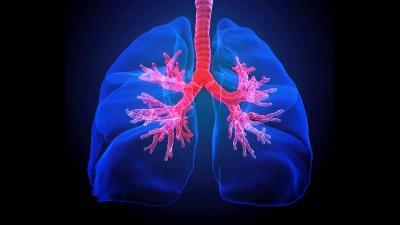The Organisation for Economic Co-operation and Development (OECD) publishes new documents on nonanimal methods

The Organisation for Economic Co-operation and Development (OECD) is an organization that strives to achieve global harmonization on requirements for chemical testing. Once established within the OECD, the 38 member countries, including the United States, all agree to accept these guidelines through a doctrine known as ‘mutual acceptance of data. For this reason, OECD endorsement of nonanimal approaches is critical for reducing the number of animals used in chemical testing around the globe. Since 2012, PCRM scientists have worked with the OECD through our role as Secretariat of the International Council on Animal Protection in OECD Programs (ICAPO).
Following a productive meeting of the Working Group of National Co-ordinators of the Test Guidelines programme (WNT) in April, the OECD recently released its annual workplan announcing new and updated test guidelines and guidance documents. This year, multiple changes were made to expand the applicability of in vitro-based test guidelines. Simply put, these nonanimal test guidelines now allow for greater use of nonanimal methods, and fewer animals will suffer as a result. The OECD also published the first in vitro guideline for immunotoxicity that offers detailed information not necessarily available in the existing animal tests. This is the first assay of a collection of assays that will be needed to entirely replace the use of animals for immunotoxicity testing. The OECD also released a preliminary developmental neurotoxicity in vitro battery, a document that will set a precedent for the replacement of animals in neurotoxicity testing, helping to avoid exposure of rat pups to various doses of chemicals.
This year, Physicians Committee scientists have teamed up with various OECD member countries to co-lead a project to “facilitate the development of test methods to predict the respiratory sensitization potential of substances.” While only in the initial phases, the acceptance of this project will allow Physicians Committee scientists to assess the advantages of in vitro solutions for this endpoint on an OECD level, while enabling the eventual adoption of nonanimal test guidelines on respiratory sensitization.
Learn more about ICAPO activities and other in vitro test guidelines at ICAPO.org.







